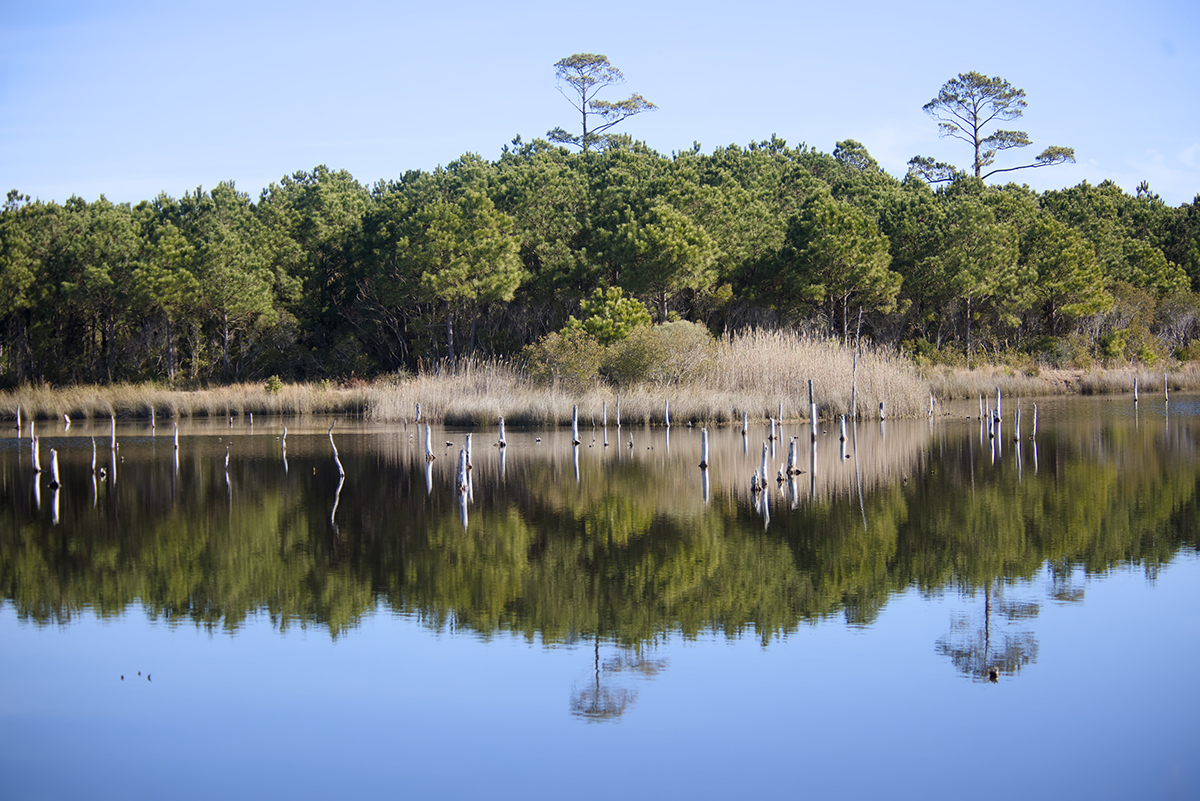You must think I’m crazy to suggest that anyone invest in a company that failed to adapt as technology revolutionized the camera industry.
And in fact, I do think such an investment would have been foolish since the company went bankrupt more than 10 years ago. That’s why a bill that may be considered in our state legislature is equally foolish. It mandates that the North Carolina use “historical data” on sea-level rise to make policy for the future.
Supporter Spotlight
House Bill 819 mandates that both state and local agencies and institutions ignore emerging science that warns that sea level may rise exponentially faster because of the warming of the Earth. If enacted, lawmakers say we can only look backward, not forward, in making public policy.
That backward approach to environmental management may have worked in the dark ages when change came slowing and the technological and scientific revolution did not exist. These days if you don’t anticipate future trends, they’ll swamp you. Just look at what happened to Kodak and Polaroid.
There are many other reasons that this bill is a bad idea. It allows one appointed state commission to mandate what other state agencies, publicly funded universities and local governments are able to do on this issue. The Coastal Resources Commission is made up of political appointees, and it is being given the power to overrule the judgment of elected state and local officials. This is not authority that the commission even wants.
The bill also prescribes how science will be conducted over the objections of many scientific experts on sea-level rise. It mandates that measurements will occur in a way that will probably make it impossible to ever collect those measurements, and thus stymies policy by imposing these unrealistic hurdles. It’s always a bad idea to legislate exactly how science should be conducted.
For several years, the N.C. Division of Emergency Management has been conducting a multimillion-dollar study funded by the U.S. Department of Homeland Security to try to deal with sea-level rise hazards. It is looking at ways to reduce hurricane hazards and long-term sea-level rise concerns. Just as this study is nearing completion, this law may pull the rug out from under it. This would be a big waste of government money and undermine future efforts to reduce coastal hazards.
Supporter Spotlight
The people who drafted this bill have made their point that policy makers need to be careful as they go about their jobs of addressing sea-level rise. They now need to put this bill aside, and let it gather some dust. Enacting it into law would be a huge over-reach of “big government,” and is not in keeping with the political times.







